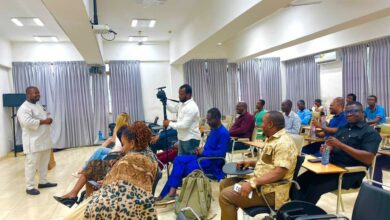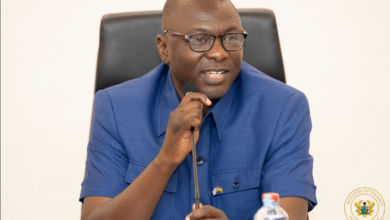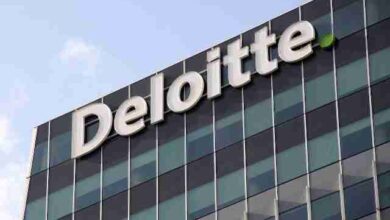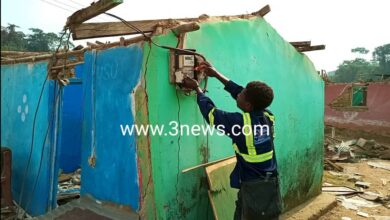We only get to know about low voltage challenges when they are reported by customers – ECG’s Deputy MD
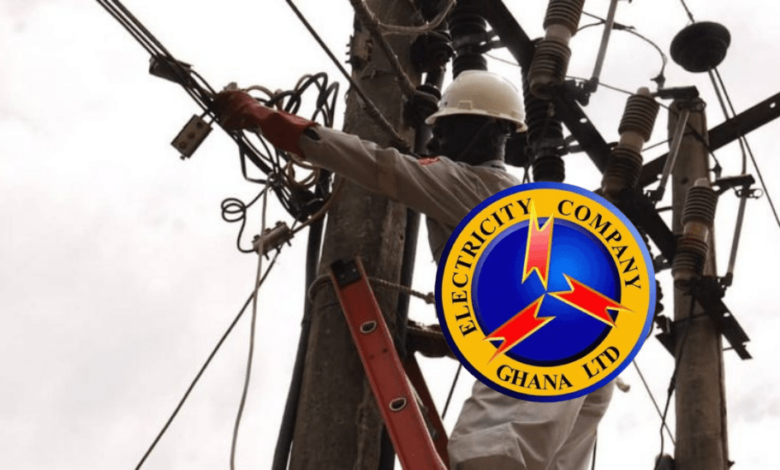
The Deputy Managing Director of the Electricity Company of Ghana (ECG), Mr Kwadwo Obeng, has urged customers to endeavour to report challenges with low voltage whenever they experience same.
He said until customers report their low voltage experiences to the ECG fault section, the officials will not know about their predicament.
“If you don’t report low voltage, it is difficult for us to know. It is always good to report”, he said.
Mr Obeng said this at a public forum organised by CSOs in the energy sector, led by IMANI Africa and the Africa Centre for Energy Policy, COSECA, NRGI and IES.
The purpose of the forum was to engage the Management Teams of the VRA, ECG, GRIDco, PURC and Energy Commission to understand the key issues leading to the recent power sector challenges and the mechanisms implemented to restore stability and improve institutional coordination in the power sector.
While he acknowledged the challenges being faced by customers in accessing electricity, the Deputy ECG MD stressed that they can only help when the faults are reported.
He pledged that they would keep improving their services.
“You will agree with me that our services keep improving. Now, you can be in Kumasi and buy electricity for a house in Accra,” he said, but was greeted with chuckles from the audience.
Touching on the cause of the erratic power supply situation, popularly known as ‘dumsor’, Mr Obeng said, “it is basically a shortfall in generation. It means there is shortage in the system. We expect a quantum, but we don’t get, sometimes, it is gas shortage, sometimes it is maintenance. It could be a number of factors.”
Background
The public forum was held against the background that the power sector remains critical to Ghana’s economic growth and development.
Over the last decade, the sector has witnessed episodes of short-term stability and long-term unreliable supply. Despite successive governments’ investments, the power sector continues to experience perennial challenges that affect reliable power supply.
The recent power outages have sparked serious concerns about the institutional coordination between the power sector utility companies and the leadership needed to ensure coherence of action to restore stability in the power supply.
Civil Society Organizations (CSOs) in the energy sector have keenly monitored the debates and disputes that have accompanied the processes to restore stability in power supply for households and businesses.
Given the key role CSOs play in the energy sector governance, advocacy, discussions must be evidence-based and target the critical issues that affect the power sector, devoid of aspersions and accusations.



